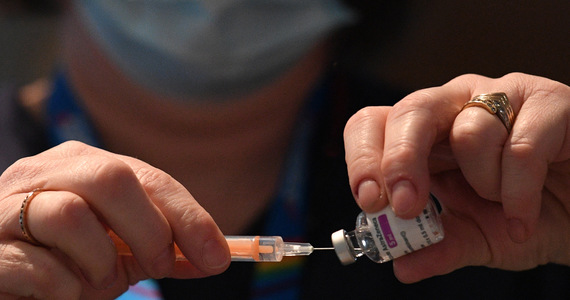Experts say the Indian variant of the coronavirus – now called delta by the World Health Organization – is 40 per cent more contagious than other types.
According to the BBC, the delta variant is currently dominating the UK. This could represent a “significant disruption” to the last phase of the mitigation of COVID-19 in England.
Recent research indicates that the Pfizer and AstraZeneca vaccines are highly effective against this variant after two doses, but protection against coronavirus after a single dose appears to be diminished compared to the other variants.
Experts believe that current vaccines can be redesigned to better deal with emerging mutations. The UK government has contracted biopharmaceutical company CureVac to develop vaccines against future variants and has pre-ordered 50 million doses.
The British government has announced that all adults in the country will receive at least their first dose of the vaccine before the end of July, and all adults over 50 will be given both doses before June 21. On this day, England plans to lift coronavirus restrictions.
However, due to the delta variable, it is uncertain whether this deadline will need to be rescheduled. The Government Agency for Public Health England (PHE) reported that the number of cases of this variant increased by 79%. Compared to the previous week – up to 12431. According to scientists, the Indian variant has already become dominant in Great Britain. This increasingly translates to the total number of newly discovered infections.
On Friday, June 4, authorities in the Australian state of Wiktor revealed that the most contagious type of COVID-19 – delta – had arrived in Australia. Experts say the situation is “extremely worrying”.
Victoria Health Director, Prof. Brett Sutton said seven delta cases have been detected so far. Four cases involved one family – two adults and two children, who had traveled to Jervis Bay in New South Wales.
According to the professor. Sutton is of the opinion that the delta variable is transmitted more easily between children.







